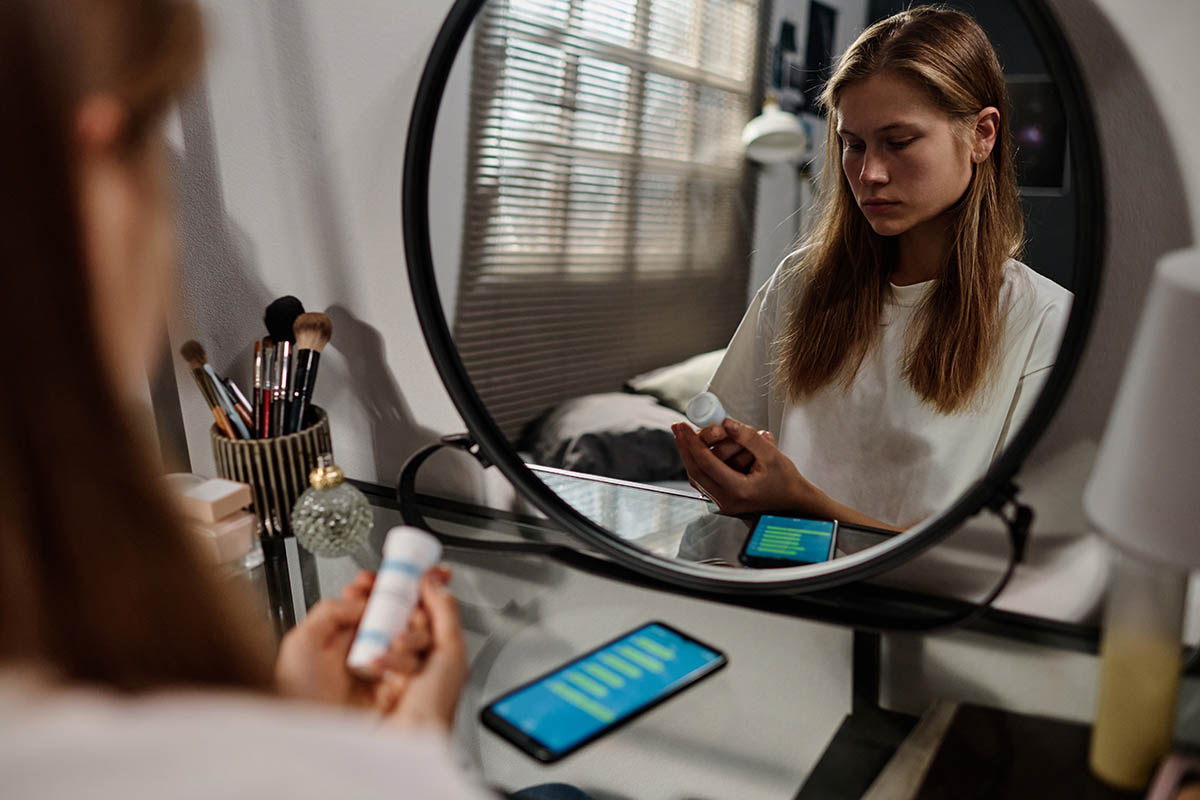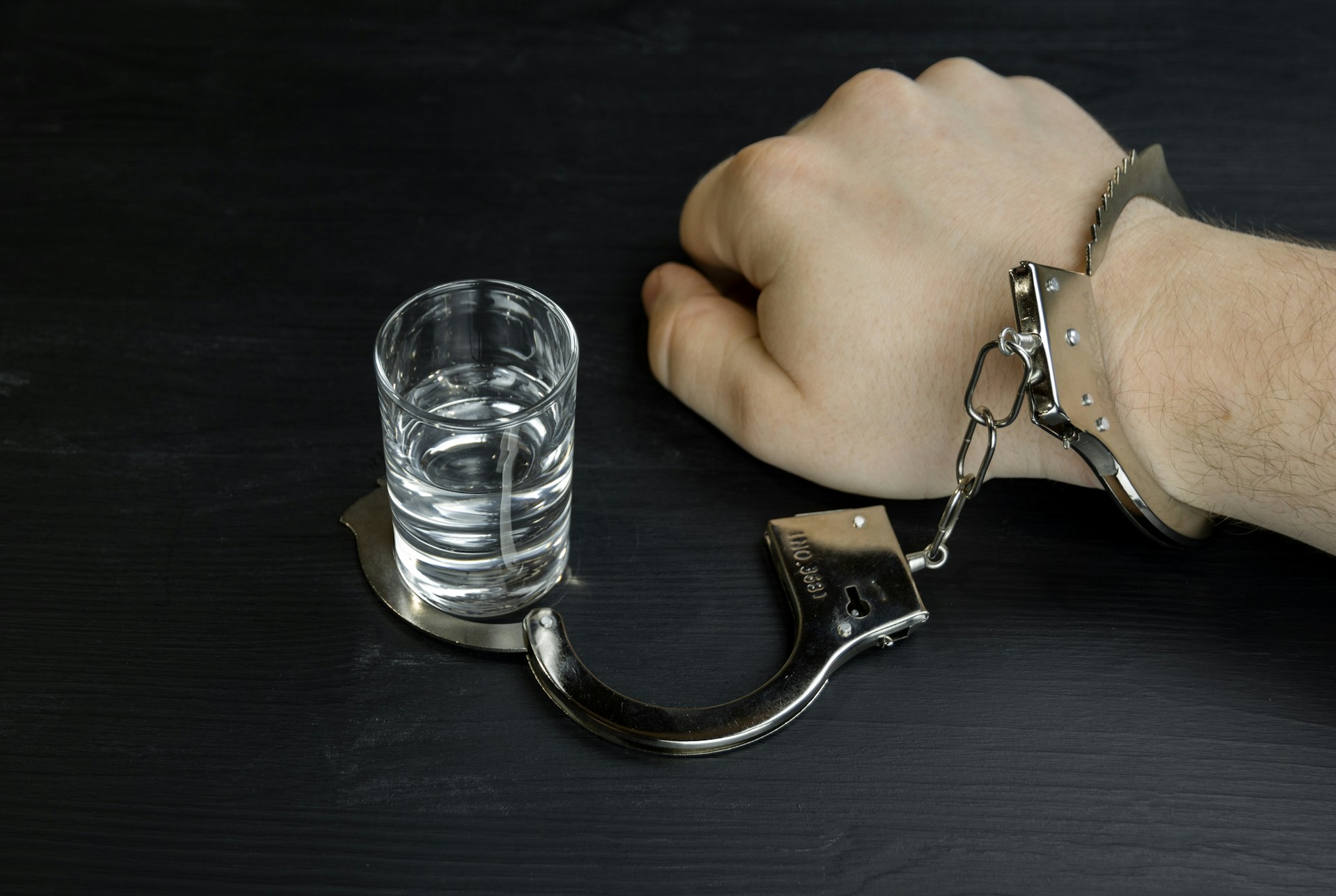Understanding Teen Prescription Drug Abuse
Prescription drugs come from doctors, so they must be safe, right? Not exactly. Just because a medication is prescribed doesn’t mean it can’t be dangerous. Maybe you’ve heard that ADHD meds help you focus or that painkillers make stress disappear. But misusing prescription drugs can lead to addiction, serious health risks, and choices you never meant to make.
Understanding the signs and symptoms of prescription drug abuse can help you make smarter decisions — not just for yourself, but for your friends too. Let’s talk about how this happens, how to recognize a problem, and how to get help when you need it.
How Does Prescription Drug Abuse Start?
No one plans to misuse medication. Sometimes, it starts with one small choice:
- A friend offers you a pill to help you study. You think, “It’s just one time.”
- You take an extra painkiller because one doesn’t seem to work.
- You grab something from the medicine cabinet at home without thinking much of it.
At first, it doesn’t seem like a big deal. After all, it’s not like using illegal drugs. But here’s the reality: prescription medications can be just as addictive and dangerous when misused. And because they feel safe, it’s easy to ignore the risks until it’s too late. The signs and symptoms of prescription drug abuse can be gradual and tough to notice, but they can snowball into a serious situation fast.
What Are the Signs of Prescription Drug Abuse?
If you’re worried about yourself or a friend, knowing how to identify prescription drug abuse can help. Here are some red flag signs and symptoms of prescription drug abuse to watch for:
- Taking medication in a way it wasn’t prescribed, like crushing, snorting, or taking more than directed.
- Using someone else’s prescription, even if it’s “just once,” to help with focus, stress, or pain.
- Mood swings, feeling more anxious, irritable, or overly energetic.
- Sleep problems, like always feeling drowsy or being unable to sleep at all.
- Losing interest in things you used to love, like hobbies, sports, or hanging out with friends.
- Hiding or lying about medication use, avoiding questions, sneaking pills, or making excuses.
Prescription drugs can change your brain chemistry quickly. What starts as an experiment can turn into a habit before you even realize it.
Talking to Trusted Adults About Prescription Drug Addiction
Bringing up drug use with an adult might feel awkward, but you don’t have to figure this out alone. Whether you’re seeing the signs and symptoms of prescription drug abuse in yourself or a friend, talking to a parent, teacher, or counselor can help.
Here’s how to start the conversation:
- If it’s about you, be honest. Try, “I’ve been taking medication in a way I shouldn’t, and I don’t know how to stop.”
- If it’s about a friend, express concern. Say, “I think my friend is taking pills that weren’t prescribed to them, and I’m not sure what to do.”
- Ask for help, not punishment. Many adults want to support you, not judge. If the first person you talk to doesn’t listen, find someone else who will.
Ascend Is Here to Help
Prescription drug abuse doesn’t always look obvious, but the signs and symptoms of prescription drug abuse are real, and the risks are serious.
If you recognize the warning signs in yourself or someone else, don’t ignore them. Help is out there, and speaking up is a sign of strength. Whether it’s a trusted adult, a friend, or a counselor, there’s always someone willing to listen.
Ascend is here to help with teen treatment programs designed exactly for you. Call us at 310.388.3713 or get in touch with us online to get started.




